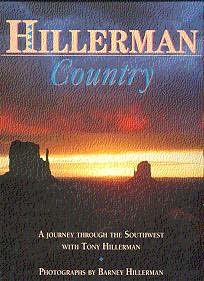It's not hard to determine that the Navajo praised Hillerman and gave him awards for his writing. For instance:
Tony Hillerman, Detective Novelist, Dies at 83
Hillerman once said: “Good reviews delight me when I get them. But I am far more delighted by being voted the most popular author by the students of St. Catherine Indian school, and even more by middle-aged Navajos who tell me that reading my mysteries revived their children’s interest in the Navajo Way.”
A stalwart censor?
As for your "censor" comment, you mean someone who posts only what actual Indians do and not what non-Indians do? Wow, you must be a new reader, M. I've never come close to taking that approach.
As a non-Native who does Native-themed comics, I'm not going to "censor" people who are doing the same as me. In fact, I post tons of things about non-Natives who make movies or TV shows, write books or comic books, create art or teach classes about Indians. Compared to the attention I've given people such as Mel Gibson, Dick Wolf, and Steven Spielberg, I've barely mentioned Hillerman.
If these non-Indian creators deserve praise, I praise them; if they deserve criticism, I criticize them. My philosophy isn't to ignore or omit things that are bad. I prefer to expose them to the light of day. I use them as a teaching opportunity to explain why the things are bad and how they could be made better.
I hope that addresses your concerns. For more on Tony Hillerman, see The Best Indian Books.



